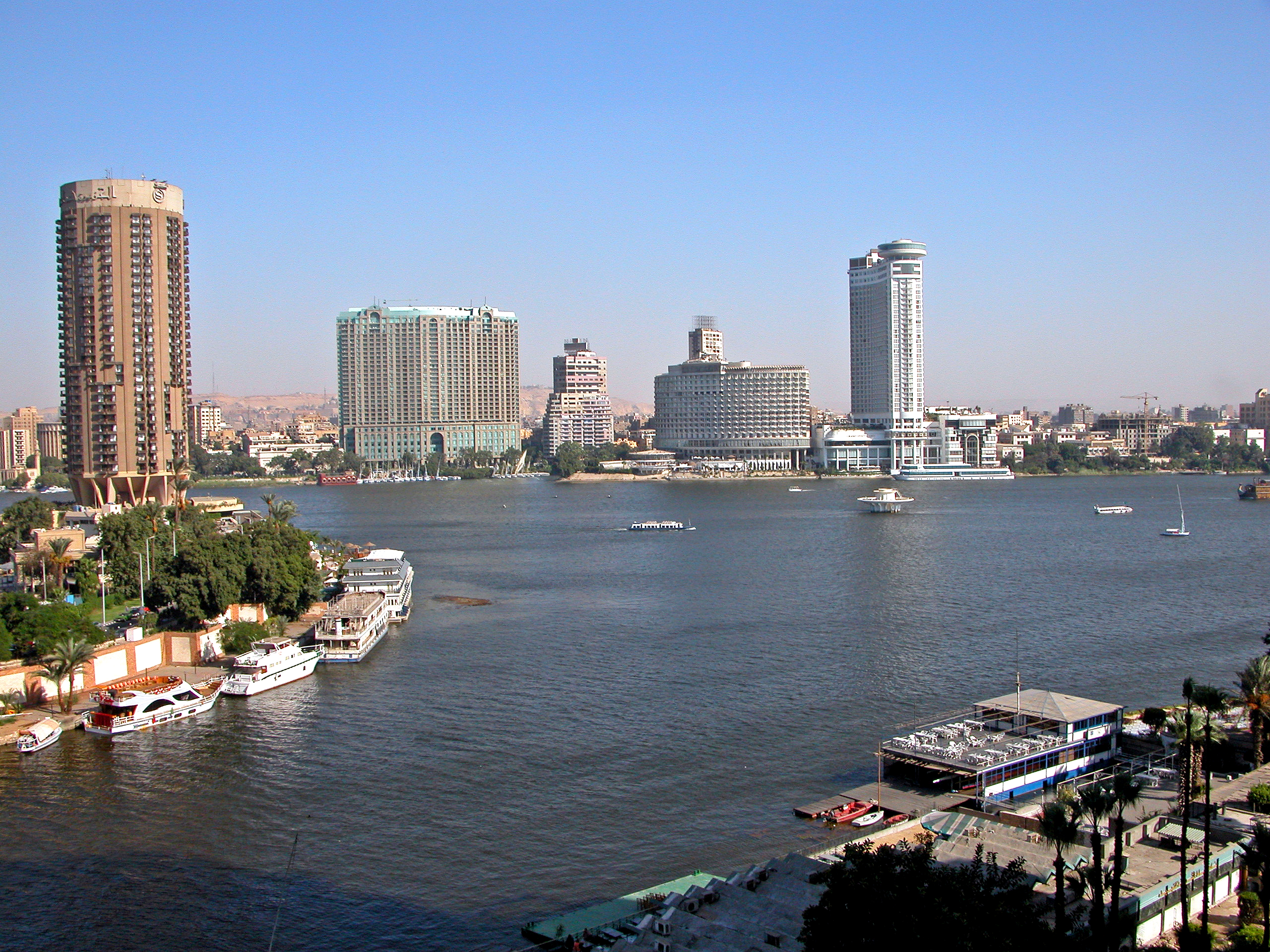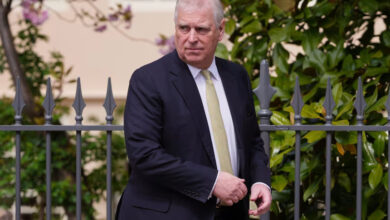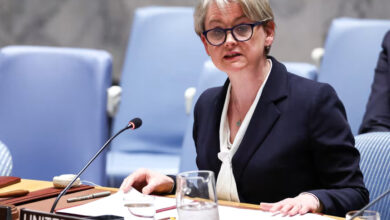
Travel writer Chris Leadbeater drew significant conclusions from his recent visit to Egypt, expressing his sentiments in an article published by the UK’s Telegraph. His piece tells readers that troubled times have no borders: atrocities can occur anywhere, and such dangers should not prevent the world’s people from travelling.
He assesses the ways in which many from the West deal with the idea of paying a visit to Egypt, noting that one of his friends warned him to reconsider spending several days in the North African country.
Although Egypt is regarded as the less dangerous Middle Eastern country compared to Syria, Lybia and Yemen, nations internally devastated by chains of horrific events, Egypt has suffered since 2011, witnessing occasional violent terrorist attacks in the nation’s heart, including a recent suicide bombing in Cairo’s Khan el-Khalili bazaar that killed three and a dozens explosions in several churches over the past years.
Egypt now is much more dangerous than it was during the past decades, to the extent that the Foreign and Commonwealth Office (FCO) currently warns against all travel to the upper half of the Sinai peninsula. Despite these red flags, the author believes that any country–even Western nations–pass through such critical phases.
Leadbeater draws attention to a number of recent, dreadful attacks in “safe” countries: the Christchurch terrorist attack on multiple mosques in addition to other traumatic episodes in Paris, Berlin and New York.
The author begins his analysis by laying out the negative impacts of these horrendous incidents that took place in Egypt. 15 million people visited the country in 2010; only 5.3 million did so in 2016. Despite these numbers, he highlights noticeable enhancements to the Egyptian tourism sector, which is currently experiencing positive shifts in many of its tourist centers.
In its latest report “Egypt tourism ‘fastest growing’ in North Africa”, the UK’s leading tourism publication Travel Weekly linked the noticeable growth in Egyptian tourism to its improved security. The report underscored that Egypt’s tourism sector was the fastest growing in North Africa during 2018.
According to the World Travel and Tourism Council (WWTC), tourism in Egypt makes up 11.9% of the country’s total economy. The sector grew by 16.5% last year. This growth is owed to the newly developed security infrastructure that drove tourists to return to Egyptian tourist attractions.
The council’s research and Travel Weekly’s report displayed increasing numbers. The UK’s suspension of flights to Sharm el-Sheikh continues, having been instituted after a bomb exploded on a Russian plane flying over Egypt’s Sinai in 2015. The explosion killed all 224 people–mostly Russians–on board. However, many international companies recently resumed flights to various Egyptian destinations.
Director of Egypt’s Tourism Office in Southeast Asia and Australia Ismail Abdel Hameed declared that 126,000 Indian tourists visited Egypt in 2018, according to al-Borsa news. WTTC affirmed that although the recovery of Egyptian tourism is only partial, the size of the Egyptian travel economy in 2018 ($29.6 billion) is the greatest it has been since 2010. President and CEO Gloria Guevara declared that WTTC is happy with the magnificent comeback in Egypt’s tourism sector and affirmed its positive impact on the growth of the national economy, Travel Weekly reported.




